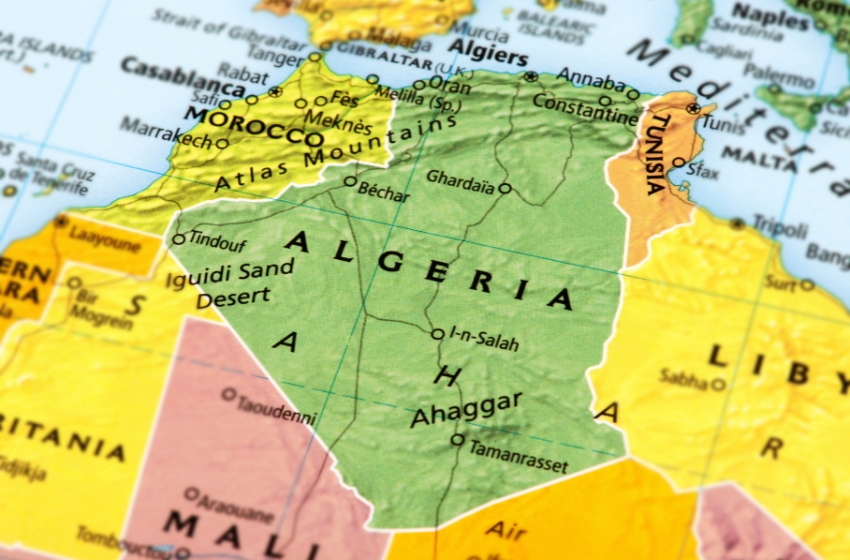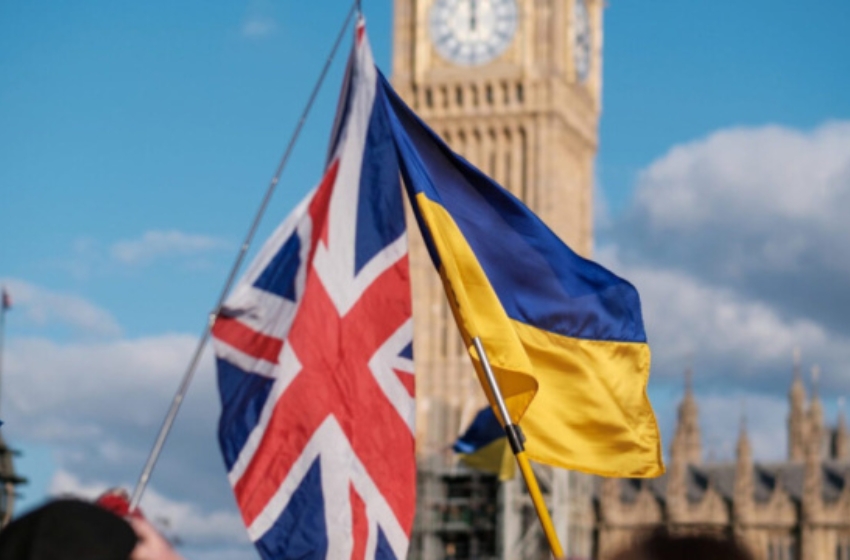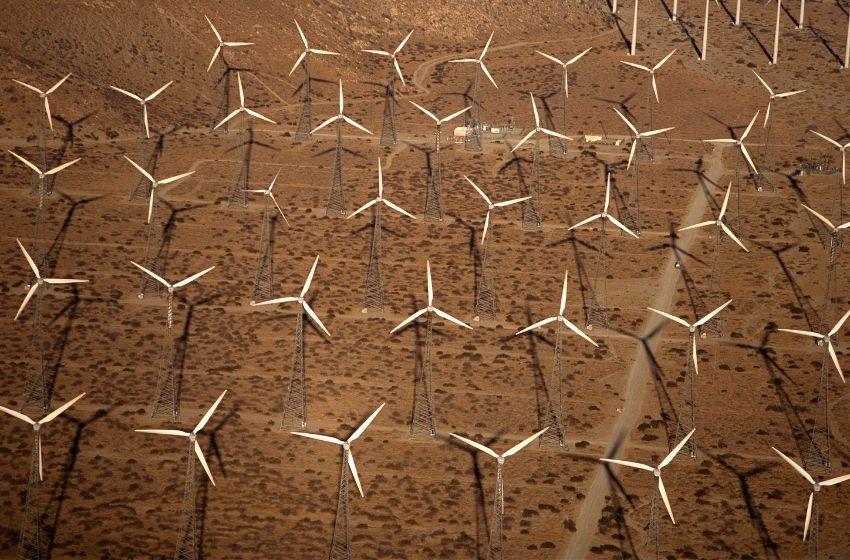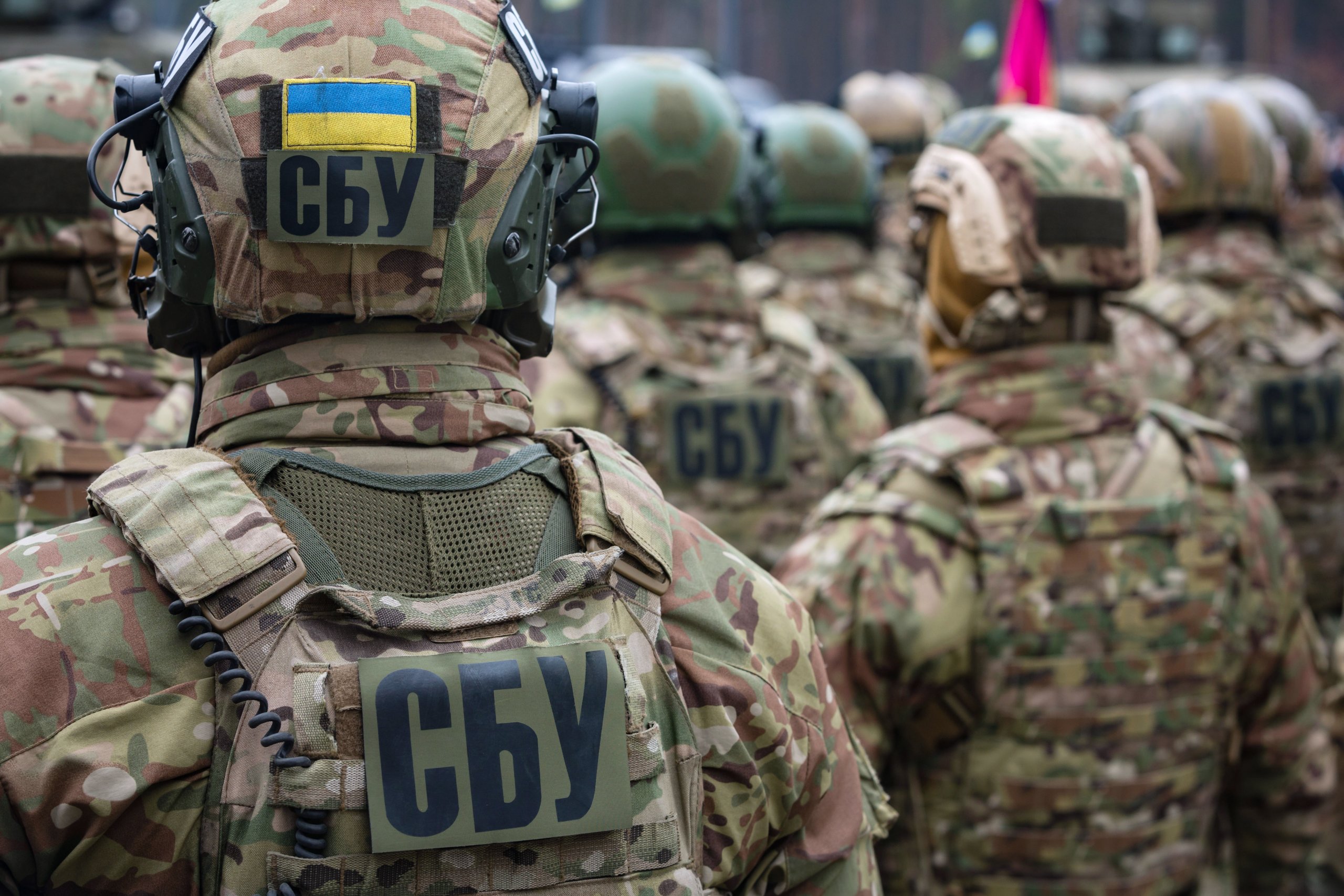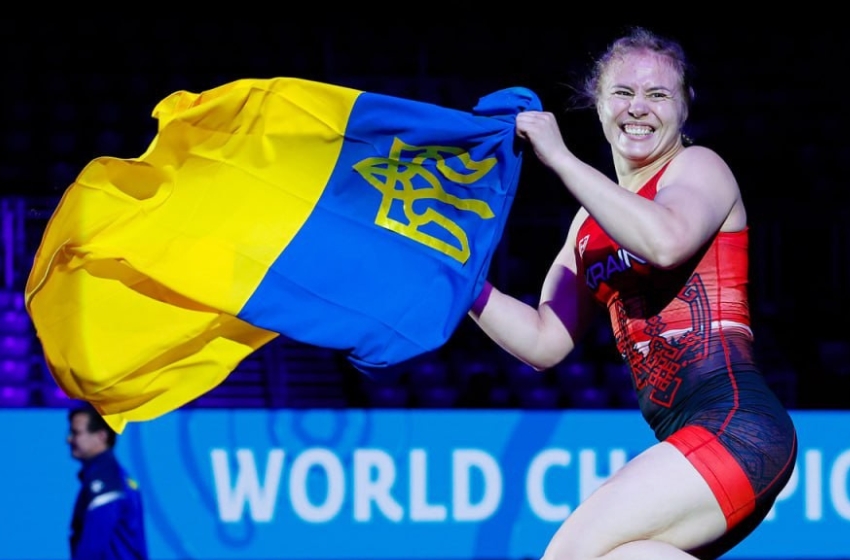Russia's interaction with Algeria has significantly increased over the last decade, with military advisers becoming a quiet yet crucial element of this relationship. While these developments are not unprecedented, the reported presence of high-ranking figures, such as General Sergey Surovikin, has raised new questions about Russia's military and geopolitical ambitions in North Africa, according to experts from the Robert Lansing Institute.
Surovikin, appointed in September 2023 as the head of the Coordination Committee for Air Defense at the Council of Ministers of Defense of the CIS, soon after made an official visit to Algeria. This helped dispel rumors of his disappearance following the "Wagner mutiny." His trip marked part of his new duties and signaled Moscow's interest in deepening military cooperation with Algeria.
The military relations between Algeria and Russia have deep roots. During the Cold War, the Soviet Union actively supported Algeria in its war for independence and subsequent military buildup. In the early 2000s, Russia resumed arms exports, including Su-30 fighter jets, S-300 missile systems, and T-90 tanks. In recent years, there have been joint exercises, visits of military ships, and reports of Russian instructors in elite Algerian army units.
From a geostrategic perspective, Algeria is attractive to Russia—it borders the Sahel, the Mediterranean, and Libya. A presence in Algeria allows Moscow to strengthen its influence in these regions and create a counterbalance to NATO, especially on its southern flank. Algeria is also crucial in the energy and defense sectors, making it a convenient foothold for projecting Russian power and influence.
Rumors about Surovikin's presence in Algeria, a figure associated with hardline counterinsurgency tactics and the Wagner group, though not officially confirmed, highlight Russia's desire to use high-ranking military figures to reinforce its serious intentions. If his presence was indeed confirmed, it would mean that Algeria is becoming one of Russia's primary military partners in the region, particularly in terms of irregular operations and military diplomacy.
The situation is complicated by Algeria's stance on Western Sahara. The country has long supported the Polisario Front in its struggle for independence from Morocco. Russia could use this conflict to heighten tensions between Rabat and the West and expand its influence. There are unconfirmed reports suggesting Russian instructors may be supporting Algerian border forces near the conflict zone.
Russia's presence in Algeria could also serve as a strategic launching point for operations or influence in Libya, Mali, and Niger. Moscow maintains ties with the Libyan National Army under General Haftar in eastern Libya, and Algeria's concerns about instability in neighboring countries give Russia an opportunity to act under the pretext of combating terrorism and strengthening border security.
The West is increasingly concerned about the situation. Algeria’s position as a non-aligned country is being tested. Closer ties with Russia could complicate cooperation with France and the United States, especially in the fight against terrorism and regional stability. Given Morocco's pro-Western orientation, the Western Sahara conflict could intensify regional polarization.
The deployment of Russian military advisers, formally or informally, reflects a multi-layered strategy by Moscow. This includes projecting power, undermining NATO's position, and increasing influence in critical areas of North Africa. The presence of high-ranking military figures such as Surovikin confirms the seriousness of the Kremlin's approach. The convergence of Russia’s and Algeria’s interests in Western Sahara and Libya could radically alter the balance of power in the Mediterranean and Sahel.
The United States, EU, and African Union are closely monitoring the situation. NATO and the EU should strengthen intelligence-sharing and intensify diplomatic efforts to contain the growth of Russian influence, experts note. The African Union should encourage dialogue between Algeria and Morocco and monitor the activities of foreign advisors. The United States, in turn, should reassess its military cooperation strategy in the region, especially considering the risk that increased Algerian interactions with Russian military forces may lead to American sanctions under CAATSA.









